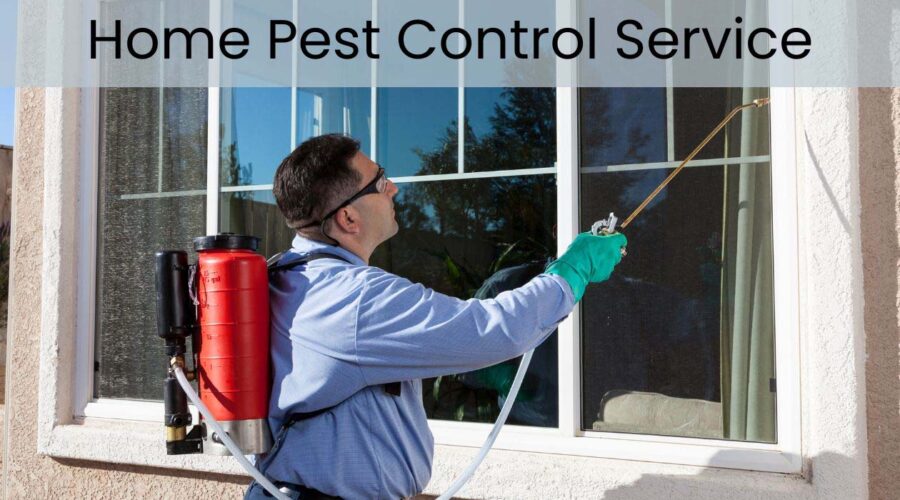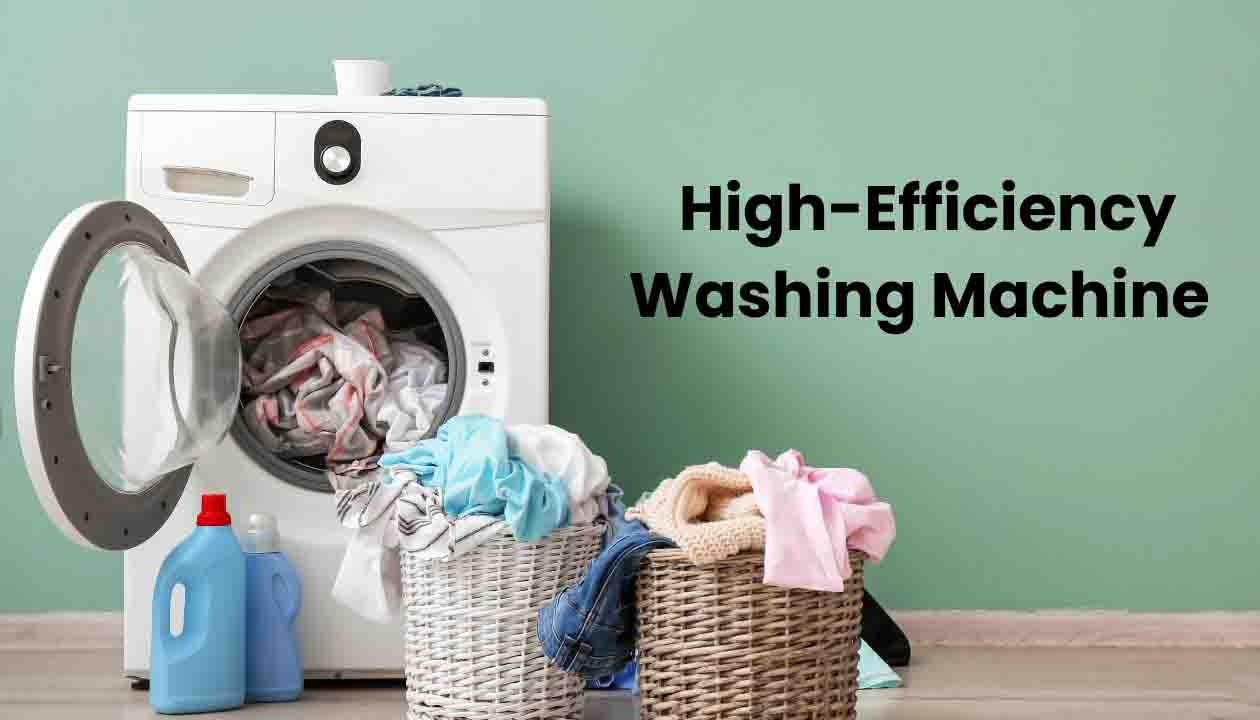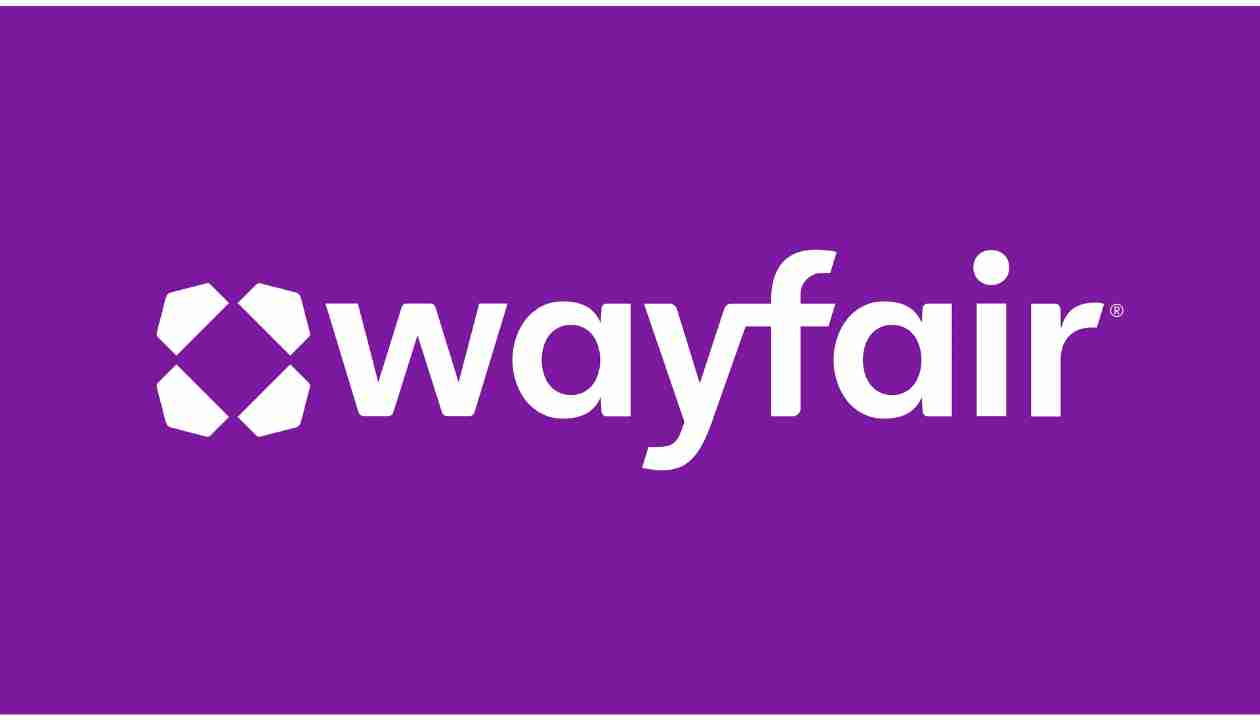Home Pest Control Service: Pest Control Laws in New York
Law and regulations governing pest control in New York state. This should be worth understanding for every homeowner who wants to keep their home safe and free from pests that can bring about diseases or doom to their families. However, as has been seen above, these regulations are complicated, and therefore, knowledge is power. In the blog below, we will share more information regarding New York pest control laws, landlords’ legal obligations, and tenants’ rights. No matter whether you are working to eliminate an ongoing problem or to avoid one in the first place, it is critical to use a Home Pest Control Service that meets the law so as not to run the risk of a fine.
Pest Control Regulations in New York
However, New York has stringent laws on how pest control should be conducted for the benefit of public health. This is a requirement for Pest control operators who must conform to safety and efficacy standards. During the selection of a home pest control service. It is essential to work with a company that meets New York State Department of Environmental Conservation (DEC) regulations regarding safe pest eradication practices.
Here are some critical aspects of these regulations:
Licensing Requirements
Any pest control business that is being conducted in the state requires a license from the DEC. This requirement ensures that operators understand the right way to control pests safely. Any homeowner hiring the Home Pest Control Services should ensure that they hire a professional from a qualified firm. It is also essential to ask for some certifications in specific pest control procedures to assume the guy has more experience.
Use of Chemicals
Laws, including those in New York, govern pesticides and other chemicals. Pest control operators must use only registered products and strictly follow the usage instructions on the label. Homeowners need to ask their Home Pest Control Service about the chemicals they use to protect their pets and children. Many people are increasingly choosing ‘green’ or ‘natural’ control methods because they are concerned about the impact of conventional pesticides on their health.
Notification of Pesticide Use
Pest control services must inform homeowners and tenants before applying pesticides where residents live. This notification comprises information on the products used, likely health problems, and measures needed to guarantee individual protection. Homeowners should take responsibility by paying attention to this notification and complying with any instructions or preventive measures. They may need to vacate the premises during treatment or keep pets away from treated areas.
Record Keeping
Pest control operators are obliged to maintain records of many of the operations that they carry out. These records consist of the type of pest found, the action taken to treat the pest, and any other action taken afterward. These documents inform homeowners about the pest control measures applied to their property. Knowing what treatments were used helps homeowners make better decisions for future pest control.
Landlord Responsibilities
This is so because New York has laid down some legal responsibilities that are unique to landlords. When it comes to pests. In fact, according to Multiple Dwelling Law, they have to keep their premises in a habitable state. That means controlling pests. Here are essential responsibilities landlords must fulfill:
Prompt Action on Infestations
Whenever tenants find traces of pests in the rented properties, it becomes the landlords’ responsibility to solve such incidents. This usually requires contacting a Home Pest Control Service for a check and treatment of the infestation. Failure to address infestations promptly escalates costs and can have health implications for the tenants.
Regular Inspections
In general, the landlords must fix or arrange for the fixing of features and demerits of pests by peremptory inspections at the inceptive of time. It also ensures that the tenants live a healthy lifestyle due to the cleanliness standards set by the landlord and safeguards the landlord’s investments. Inspections can reveal existing conditions, such as breakages and roof or wall cracks, that may lead to pest invasions. The landlord can fix these issues before pests are attracted to the areas.
Disclosure of Past Infestations
When pests infect a property, it shall amount to the landlords to acknowledge this to their tenants before they sign the lease agreement. This is important to help tenants have faith in the landlord and to keep them aware of pest issues on the premises, either in the present or in the past. It can also shield the landlords from probable legal cases that may come up if the tenant conducts an infestation inspection after renting the house.
Compliance with Local Health Codes
Landlords cannot neglect the local health codes that dictate how they must deal with pest problems.If they don’t, local health departments may penalize them with a fine or initiate a legal battle. Landlords should ensure they follow changes in local regulatory measures so that they do not violate the law regarding the structures they own.
Tenant Rights
New Yorkers have rights when it comes to extermination, and this means that they are able to take some action if their landlords are not doing their job. Here are significant rights for tenants regarding pest control:
Right to a Pest-Free Environment
This means that tenants have the right to stay free from pest-infested areas. Tenants must address insect problems by notifying the landlord as soon as they notice the issue. The landlord must act within the shortest possible timeframe. If the landlord fails to do so, tenants can contact the local health department or consult a lawyer.
Right to Withhold Rent
However, occasionally, the tenancy agreements allow tenants to stop paying rent if the landlord does not fix pest concerns as required. It’s important to uphold legal processes to prevent evictions. Pest infestations are also a violation of tenants’ rights. They should, therefore, document any conversation with the landlord about the situation in case the matter needs legal redress.
Access to Pest Control Records
Can a tenant require information about pest control, the products utilized, and the frequency of pest control in the tenant’s place? This makes it easier for the tenants to understand some of the changes in the house. Any related health implications fostered by the pest control exercise.
Use of Personal Pest Control Methods
Besides dealing with pest concerns, tenants must report them to landlords and have the right to use personal remedies.Tenants should inform the landlord if they use any chemical treatment, as such chemicals may hinder professional treatments. Tenants should also understand the limitations of pest control products for their use in the rental unit.
Best Practices for Homeowners
Homeowners can create a pest-free environment using various best practices, such as:
Set a Routine Inspection: Each year, one must be careful in inspecting her property, looking for evidence of pest activity, including droppings, nests, or structural damage. The sooner, the better, a pest finds notice, and the lesser costs involved in eradicating it.
Clean Living and Waste Disposal: Cleanliness and proper waste management in a residence can reduce the potential for pest invasions. Ensure garbage bins are sealed, and food is kept in airtight containers. Regular clean-up of spills and crumbs can also reduce the potential for pests to invade.
Call for Help: If you suspect an infestation in your house, do not hesitate to call a Home Pest Control Service. These professionals will determine what type of pest is infesting your home and take precise steps to eradicate it. They will also advise you on how to keep the pests from coming back.
Educate Yourself: Keep the descent of pest control laws and regulations in New York fresh in your mind. Knowing empowers somebody in the rights and responsibilities of homeowners in assisting them better. Joining local homeowner associations or online forums is a great way to hear about one’s neighbor’s experiences with pest control.
Integrated Pest Management: Emphasize IPM solutions that stress the long-term prevention of pests by combining biological control, environmental modification, and resistant varieties when used as mitigation and remedial measures. This will reduce the reliance on chemical pesticides and hence create a larger and healthier living environment.
Conclusion
Parasite control laws and regulations in New York are included for homeowners, landlords, and tenants. Know these regulations if you want a comfortable environment and a pest-free zone. As a homeowner striving to limit infestations or a tenant needing to understand their rights, the foremost step is to become well acquainted with these pest control regulations.
Contact GOGETFIX for satisfying pest control solutions and to obtain a pest-free domestic environment serviced by our Home Pest Control Service team. They use effective techniques and environmentally friendly products to ensure that no harmful chemicals enter your home. Call us, and let’s create a pest-free environment together!



